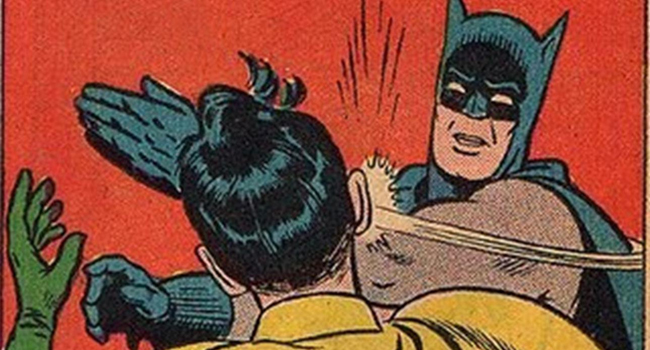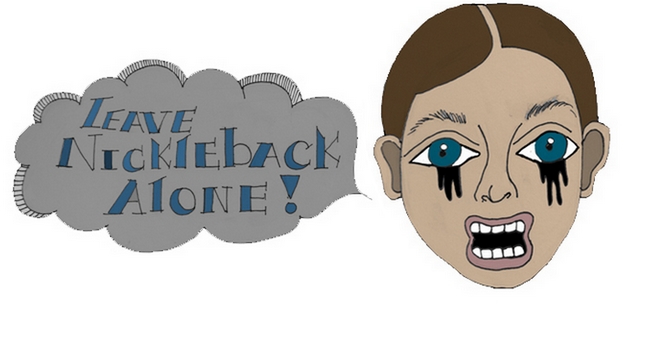Toward the end of 2010, the music world got Cee Lo Green fever pretty hardcore. In anticipation of his full length album, The Lady Killer, Green released a single on Aug. 19. You may have heard of it. It was called “Fuck You!” and, coupled with a surprisingly popular pair of YouTube music videos, it was a smash success.
But those of us listening to the radio during the day or watching music videos on MTV (you know, at 3 a.m. between “Jersey Shore” reruns), got “Forget You,” which not only doesn’t have the same meaning or impact, but also doesn’t have the correct number of syllables.
The reason this happened, of course, is offensive words are not allowed in public media. The reason offensive words are not allowed in public media is mostly because of a government group called the Federal Communications Commission, or the FCC. You may have heard of them. They censor things. Or they define things, and then censor them.
The word “offensive” is a nebulous concept at the very least. What offends one person could be seen as entirely harmless to another. Complicating this is the constant intermixing of cultures, which often have very, very different standards for what is offensive and what is permissible.
This makes defining what is offensive in overarching legal terms a laughably difficult process, but the FCC, being the tough little troopers they are, found a way.
Somewhere in the vaguely-worded legal jargon, the FCC has defined “offensive content” as something that is regulated by our entire society; what is publicly offensive is essentially determined by what an average person considers offensive, or anything that the public might consider a ”nuisance,” Naturally, what the law says and what actually happens can vary wildly. In practice, “offensive” as determined by the FCC usually just boils down into an expanded version of George Carlin’s “7 Words You Can’t Say on TV” bit. Offensiveness is currently judged almost entirely on word choice instead of how offensive it actually is.
So the FCC censored Cee Lo Green. After all, his song had a swear word in it. But what is interesting about this story is “Fuck You!”’s legally ”offensive” content didn’t really offend anyone, or at least didn’t offend the amalgamated public; an offended public probably would not have let the song go 4-times platinum.
This is a big deal. Given “Fuck You!”’s success, the public doesn’t appear to consider the word “fuck” inherently offensive anymore (it could likely still be seen as offensive in a less playful context,) yet media censors have done absolutely nothing to recognize this change in the public conscious in favor of blindly sticking to the current regimen.
Sometimes the FCC does things that border on self parody. A version of “Fuck You!” (creatively titled “FU”) was released containing an edit that cut out the back half of the “offensive” word, leaving just the “F.” This did not fool anyone. Rough estimates indicate that approximately zero percent of English-speaking adults heard “F you” and thought the F could possibly mean anything other than “fuck.”
But for whatever reason, this sort of thing is allowed to air, because having everyone in the audience easily recognize that a song is supposed to say “fuck” is somehow better and safer than having a song actually utter the dreaded word. It could be argued that this is to protect children from learning the word, but let’s be honest here, children are going to hear the word at some point in their childhood.
Does the FCC really believe a four -letter word can hold some sort of inherent offensiveness? A solitary word only means as much as the listener invests in it. I’m not to make a grand argument saying that people should be able to say whatever they want over the air but the FCC should reconsider what they deem “offensive.” Instead of robotically sifting through media and flagging specific words, they should consider the context the words are said in and (gasp) do research to determine whether the public actually finds the message offensive. But the FCC doesn’t really appear to give a f*ck about that.



